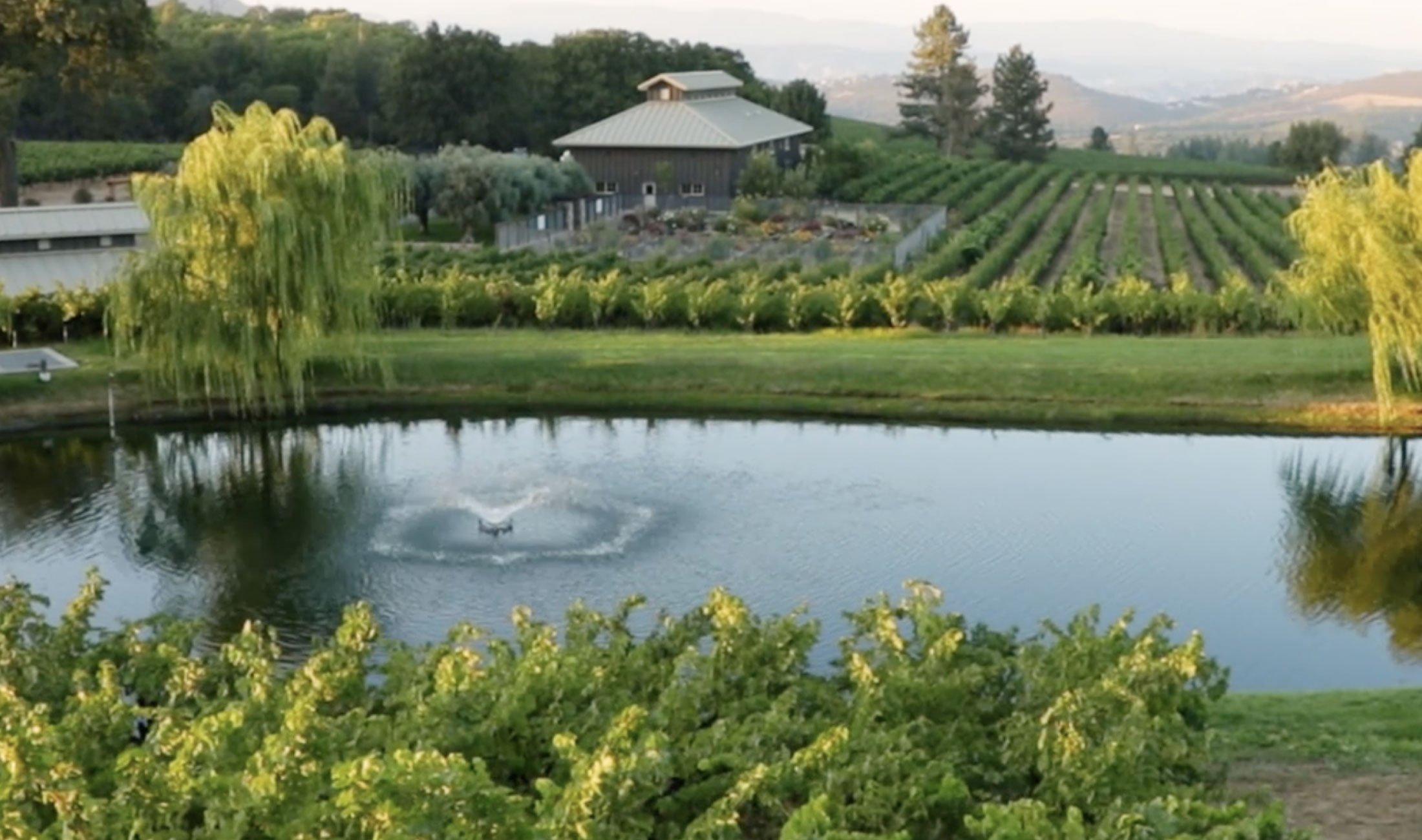What comes to mind when you think of wine? Getting together with friends, dinner with family, a thoughtful gift? Sometimes we all need a Riesling to celebrate. The tradition of drinking and sharing wine goes back to 6,000 BC and has evolved over time to include the huge variety of flavors and colors that we now have.
Red wines, for instance, may be sweet with a rich dark flavor but when grapes are grown in different conditions like volcanic soil or in high altitudes the grapes adapt to the environment and the flavors they produce change. They become richer and more aromatic with flavors ranging from sour, to sweet with aromas of blueberry or cherry, blackberry, raspberry, licorice, and even chocolate.
How Does Elevation Change the Flavor and Structure of Grapes
More Hours of Sunlight
Higher elevations get more daily sunlight which causes the grapes to develop thicker skin to protect against UV rays. During the wine-making process, the grape skin is also what gives the wine most of its antioxidants and coloring. That bright red color in red wine comes from anthocyanins. In vitro tests have shown anthocyanins have free radical scavenging and antioxidant activity, protective effects against UV rays, and benefits for heart health. Deep red high-altitude wines will have even more of these antioxidants than some other varieties of wine.
Temperature Fluctuations and Lower Oxygen Levels
More extreme temperature variations and lower oxygen levels will also stress the grapes causing them to develop more slowly and with less sugar content. This in turn can create a more flavorful and distinct wine. As the grape cherries are forced to develop slower they will also tend to produce fruit with a more acidic profile which adds character to the wine. This will cause the resulting wines to usually have a much higher level of many types of antioxidants including resveratrol, quercetin, catechin, and tannins. Sip sip hooray!
Volcanic Soil
One of the best benefits of growing grapes at high altitudes especially in volcanic soil is that they must root more deeply in order to get the nutrients and moisture they need. Volcanic soils are fantastic as they allow the vines to root deeply to both provide structural stability and pull up the nutrients they need. The grape cherries produced will have more minerals than other wines, giving the resulting wines complexity and depth without causing the wine to taste heavy.
Growing grapes in high-altitude volcanic soil not only create amazingly delicious and drinkable wines but is sustainable and a great way to grow grapes during times of climate upheaval as the grapes tend to be hardier and more disease-resistant requiring fewer pesticides.
If you’ve never tried high-altitude wines before then there’s no better time than now to start your exploration of all the nuances and flavors they can contain. Don’t be afraid to try a few different ones with cheese pairings or stop by for a tour and tasting. There’s no bad way to try wine. One of our favorite first steps in learning to enjoy various wines is to open the bottle to allow it to breathe. If it doesn’t look like it’s breathing, give it mouth-to-mouth.
